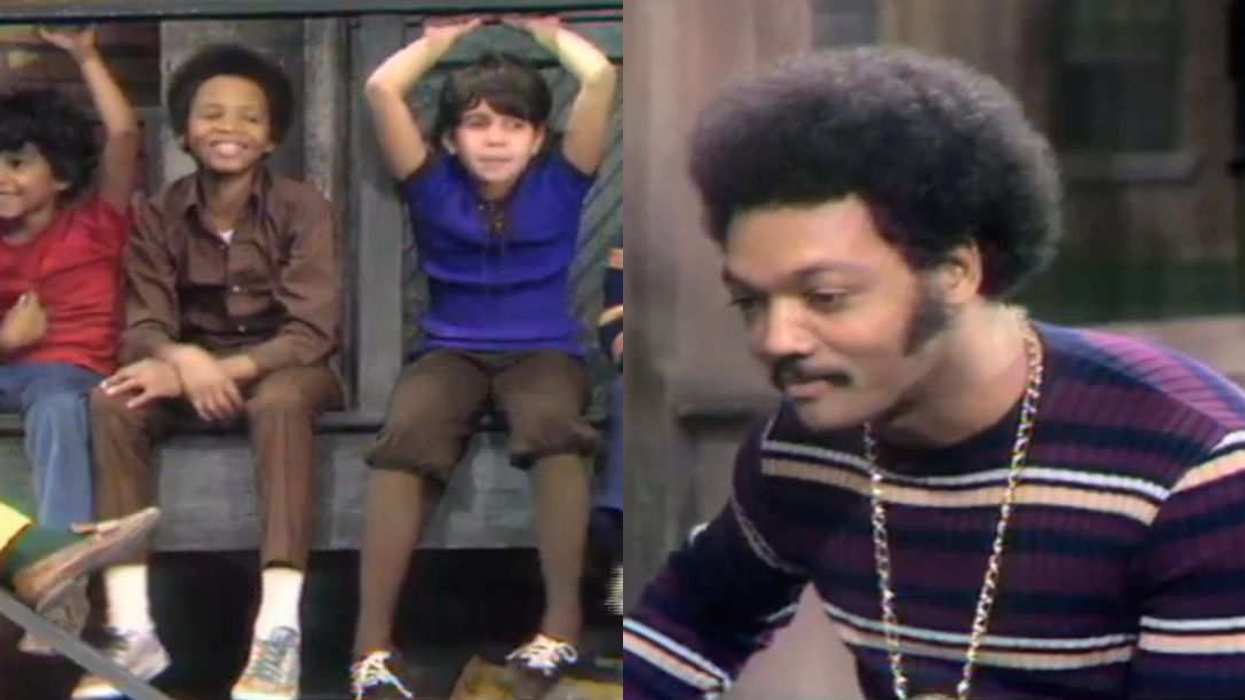Lockdowns around the world during the pandemic are enforced for many reasons, one of which is to contain the spread of infection.
But on Wednesday, a Rwandan man reportedly ignored the recently imposed lockdown to go fishing along the Nyabarongo river.
And in a cruel twist of fate, he was killed and eaten by a crocodile.
Alice Kayitesi, mayor of the southern Kamonyi district told BBC News:
"He had broken the stay-home rule, he's among very few people here who are not co-operating with the lockdown to stop the virus."
With a staggering number of cases on the rise as the virus spreads, President Paul Kagame ordered Africa's first total lockdown on Sunday.
A government statement read:
"Unnecessary movements and visits outside the home are not permitted."
With the exception of essential services like healthcare, banking and shopping for groceries, everyone was ordered to stay indoors for an initial two-week period.
Rwanda is known for its preparedness after fighting off an Ebola outbreak in 2019.
On Saturday, Rwanda reported 17 confirmed cases of infection and was considered the highest number in the East Africa region.
Now, the number has increased with 40 confirmed cases so far from the public health crisis.
Once again, ignorance contributed to the downfall of mankind.
Nature gave a harsh lesson.
While the headline elicited online facetiousness, some social media users offered compassion.
The BBC reported that the economic shutdown has taken a heavier toll on those who are low-income owners.
Many of those who cannot afford to go hoarding for food are forced to acquire sustenance and support their families by any means necessary – including fishing.
Authorities responded quickly before the first case of the virus was confirmed in the landlocked country as fears of the virus that originated in Wuhan, China, began to spread.
Before the lockdown, public gatherings of large groups – including concert and political events and church gatherings – had already been banned.
All borders remain closed except for the passage of goods, cargo, and returning Rwandan citizens.
Currently, the central government has no plans to offer bailouts for small enterprises, and business owners have been warned not to increase prices on basic commodities.














 @chrissy64/Bluesky
@chrissy64/Bluesky @gerstkitty/Bluesky
@gerstkitty/Bluesky @katvanzan/Bluesky
@katvanzan/Bluesky @ghenguskahn/X
@ghenguskahn/X @theshawnstuckey.com/Bluesky
@theshawnstuckey.com/Bluesky
 @starlightwishes/Bluesky
@starlightwishes/Bluesky

